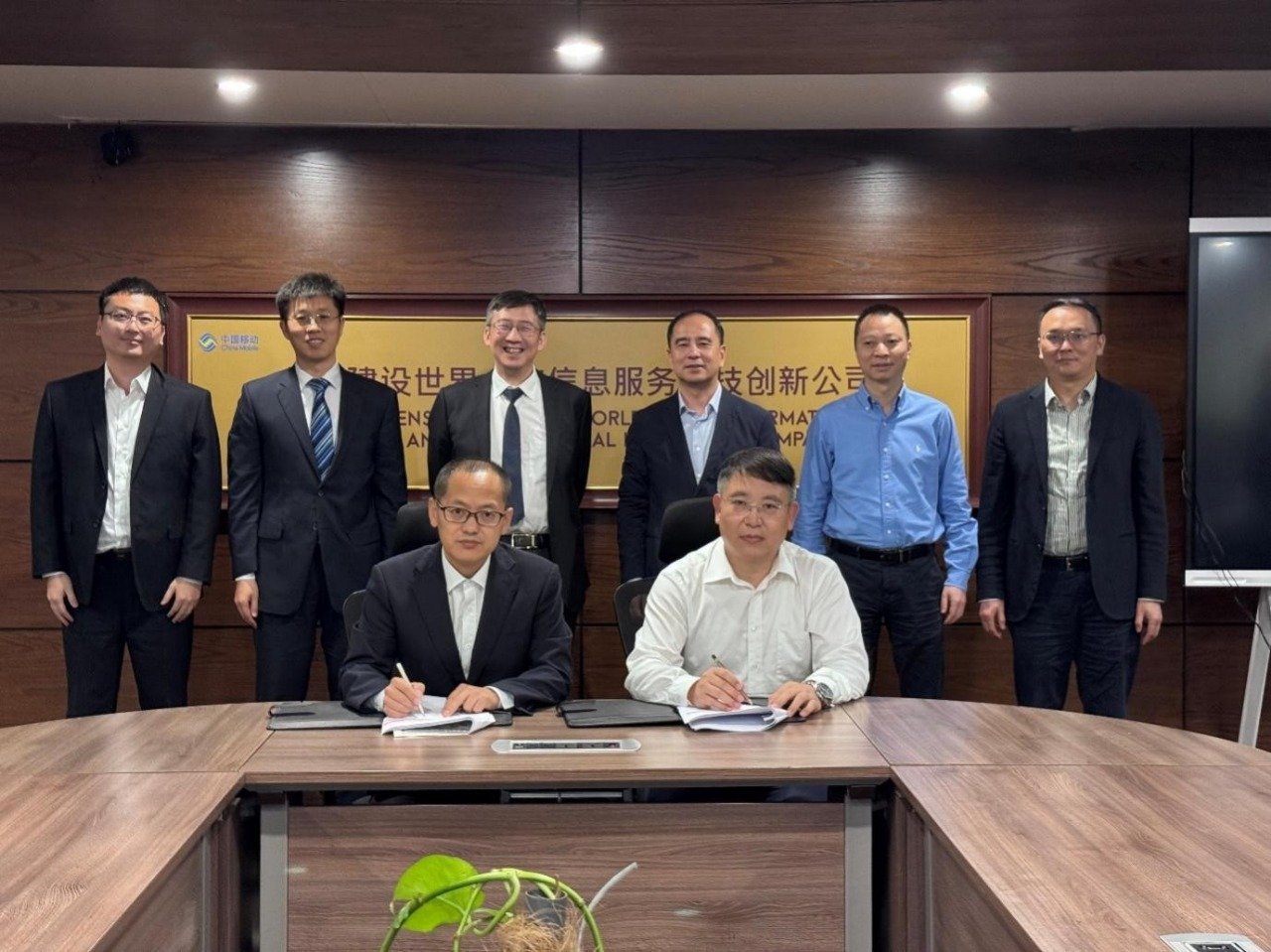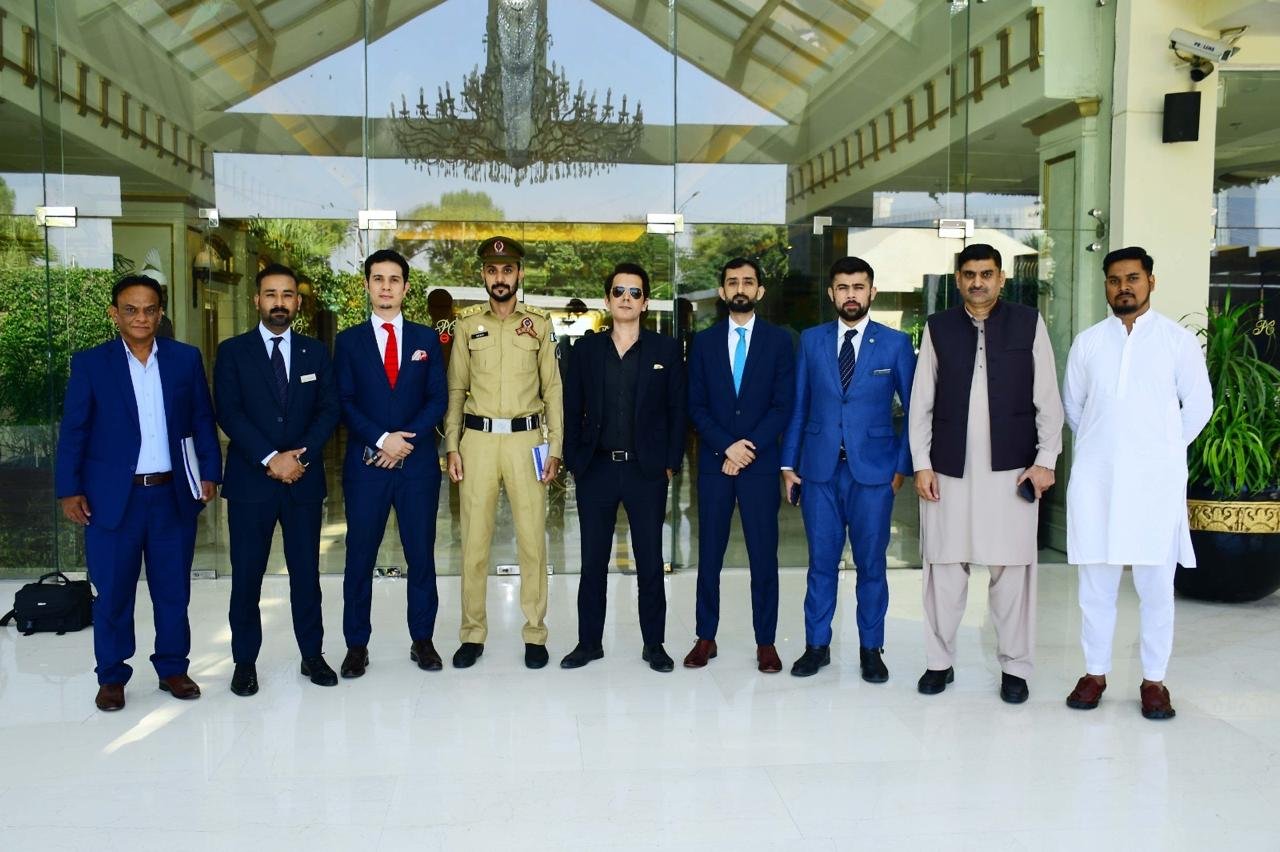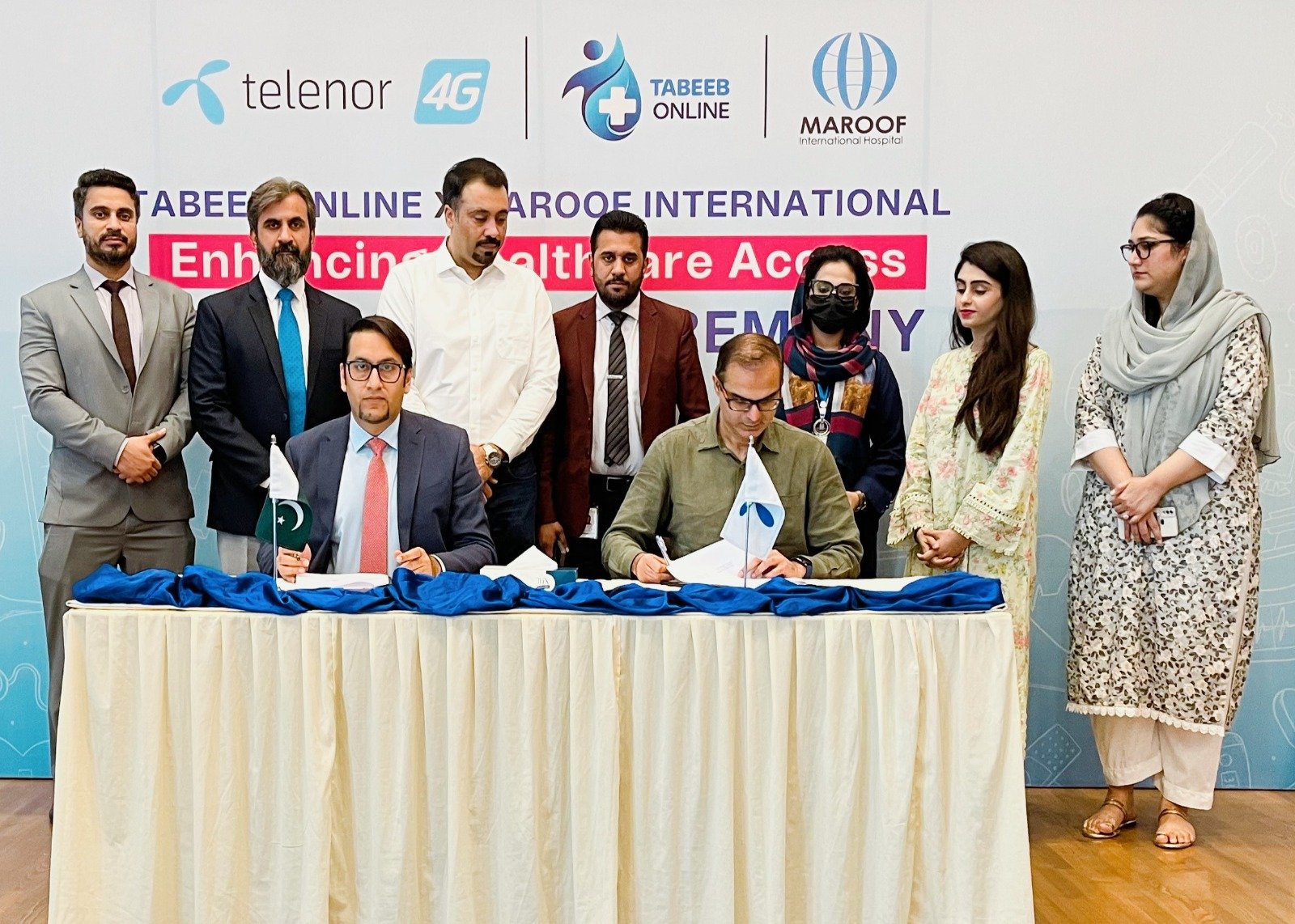President of the Republic of Uzbekistan Shavkat Mirziyoyev, at the invitation of President of the Republic of Azerbaijan Ilham Aliyev, will pay a state visit to Azerbaijan from July 2 to 4. The modern relations between Uzbekistan and Azerbaijan represent an example of a dynamically developing strategic partnership based on a solid historical foundation, spiritual closeness and mutual political will to deepen comprehensive cooperation. For centuries, the Uzbek and Azerbaijani nations have been closely linked by historical and cultural ties, common Turkic roots, similar traditions, language, customs and values. These factors serve as the foundation for sustainable dialogue and comprehensive mutual understanding between the two countries, strengthening the atmosphere of trust and good neighborliness.
This year, two countries celebrate the 30th anniversary of the establishment of diplomatic relations. Nowadays, the relations between Tashkent and Baku clearly demonstrate an illustrative example of cooperation between the two fraternal countries. Moreover, with the signing of the Treaty on Allied Relations in 2024, they rapidly reached the highest level of interstate cooperation. This was a logical continuation of a long-term path, during which both countries managed to lay a constant foundation for a long-term and mutually beneficial partnership, and adoption of over 200 interstate, intergovernmental and interdepartmental deals. Among the key ones are the Friendship and Cooperation Treaty, the Declaration on Deepening Strategic Partnership and Enhancing Comprehensive Cooperation, along with the Agreement on the Establishment of the Supreme Interstate Council.
Undoubtedly, these achievements are based on the political determination and will of our leaders, who have raised the evaluation of bilateral cooperation year by year. Their regular official contacts and honest relationship have become a powerful catalyst for the dynamic and progressive development of dialogue at all levels. Since 2017, the leaders of the two countries have held 12 meetings, and the number of high-level visits has exceeded 150. Such intensive and coordinated communication gave a truly breakthrough impetus to joint work in a wide range of realms and allowed to achieve breakthrough outcomes in all core areas of cooperation. Today, Uzbekistan and Azerbaijan continue to consistently strengthen an economic partnership that demonstrates stable and sustainable growth dynamics. Over a decade years, the trade turnover has increased 8-fold from $32 million to $253 million. The target has been set to bring this figure to $1 billion. In order to achieve this aim, systematic efforts are being made to enlarge mutual trade and investments, as well as to enhance industrial cooperation.
Representatives of the business circles of the two countries are showing a growing in establishing close economic ties. In recent years, the number of joint ventures has increased 5-fold. At present more than 240 companies with the participation of Azerbaijani capital are activate in Uzbekistan. Reciprocally, the number of Uzbek companies operating in the Azerbaijani market has reached 70. Cooperation in the automotive industry has become one of the core areas of bilateral cooperation. As part of a joint project of Uzavtosanoat and Azermash companies, Chevrolet cars have been manufactured on the basis of the Hajigabul Industrial Park. At present, about 9,000 cars have been produced.
In order to boost production capacities and taking into account the dynamic growth in demand for manufactured products, construction of a second plant has begun. The launch of the new plant will increase production to 30,000 units per year and create over 1,200 new jobs. Deliveries are planned to both the domestic and foreign markets of Azerbaijan. Using their resources and accumulated experience, Tashkent and Baku have also launched projects for textile and sericulture clusters. In Azerbaijan, they will be built on the principle of a full production cycle – from the cultivation of raw materials to deep processing and the production of final products.
In the same strategic area, joint initiatives are being actively implemented to create cotton and dairy agro-industrial complexes, build residential and tourist facilities, develop modern logistics centers and implement energy projects with an emphasis on “green” transformation. An important tool for ensuring sustainability and the scalability of such joint work has become an established Uzbek-Azerbaijani investment company with a total capital of $500 million. These days, with the help of this investment company, are being implemented 15 major projects worth over $360 million.
Such dynamics of economic cooperation has become possible due to the consistent enhancement of interregional ties, which are becoming stable and systematized. A vivid confirmation of this is the annual Uzbek-Azerbaijani interregional forum, which opened a wide path for establishing twinning relations between the major cities of the two countries, such as Bukhara and Lankaran, Termez and Bilasuvar, Namangan and Mingachevir, etc.
Currently, 11 cities of Azerbaijan and Uzbekistan have already signed deals on mutual cooperation. Thus, it can be confidently stated that nowadays the interregional partnership executes not only a supporting role, but also acts as an independent mechanism for promoting direct bilateral relations.
One of the core areas in Uzbek-Azerbaijani cooperation is development of energy relations between Uzbekneftegaz and SOCAR in the development of oil fields in Azerbaijan and Uzbekistan. At the same time, the parties have begun practical implementation of the Strategic Partnership Agreement among Uzbekistan, Azerbaijan and Kazakhstan in the field of “green energy”, which provides for the creation of an international energy corridor. In the future it will connect Central Asia with Europe through the territory of Azerbaijan. As part of this project, Uzbekistan plans to export up to 5GW of green energy to European countries through Azerbaijan by 2030.
Currently, the focus may be not only on the transfer of “green” electricity, but also on establishing joint cooperation in the building of solar power plants and the production of components for renewable energy sources. Uzbekistan and Azerbaijan also share similar views on the creation of an extensive system of transport and logistics corridors. This is due to the general desire to convert a strategic location into a long-term economic benefit.
In this regard, joint participation in the implementation of logistics projects is considered by the two countries as a main factor in the growth of their economies. The global trend towards the diversification of transport routes reinforces the unifying role of Azerbaijan between Central Asia and Europe. These days, Uzbekistan is actively increasing cargo transportation through the Azerbaijani infrastructure. For the last over the past 4 years, they have shown a 5-fold increase and by the end of 2024 amounted to more than 1 million tons of cargo.
At the same time, Uzbekistan’s initiatives to develop transport connectivity, including the construction of the Uzbekistan–Kyrgyzstan–China railway, are capable of connecting Azerbaijan with China and the South Asian region. Broad cultural and humanitarian ties are an important component of Uzbekistan’s bilateral cooperation and Azerbaijan. And, it is not a coincidence. The diversity of Uzbek-Azerbaijani relations that has developed today is predetermined by the intersection of historical processes that have played a decisive role in the mutual enrichment of the two cultures and the socio-economic symbiosis of the two nations.









